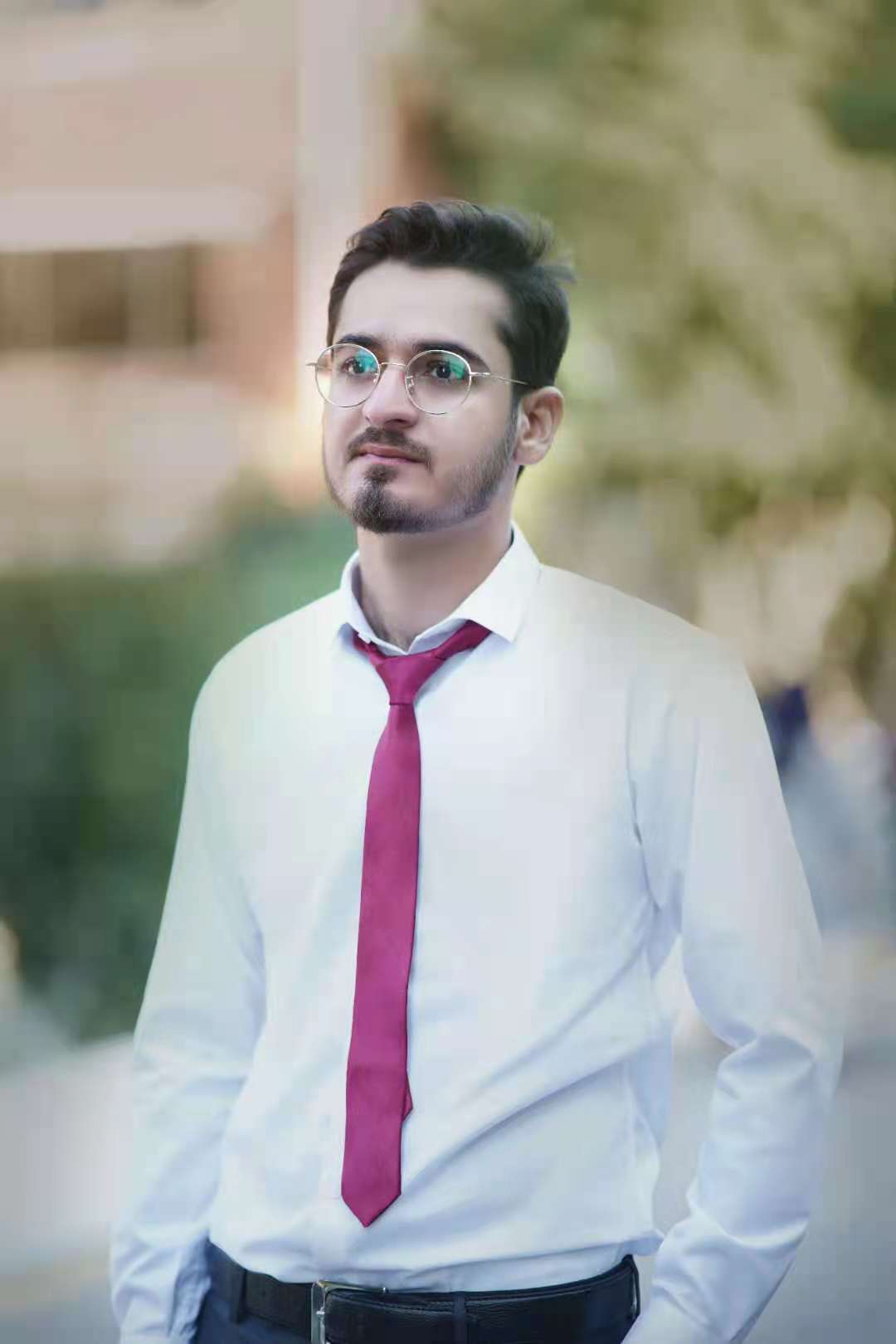The project:
Transition to renewable energy sources requires storing energy to buffer the fluctuating production. One way to achieve that is by stash hydrogen in depleted underground gas storages. However, several microorganisms that are sometimes found in these underground gas reservoirs can feed on hydrogen and CO2, thereby producing methane. This is extremely advantageous as methane rather than hydrogen can be easily transported and used with existing infrastructure. Thus combining energy storage with renewable energy production has a tremendous potential for climate neutral energy production.
That could be your future:
You join a multi-partner (industry and academia) collaborative project on the analysis of Methanogenesis in geological formations. Previously, we developed a model that allows us to study and predict the bioconversion of the gases. You will evolve the code to simulate conversion of non-stoichiometric CO2 – H2 mixtures and validate the modelling results with the laboratory data. Understanding of microbial community dynamics and the impact of non-methanogenic organisms to support stable methane production will be also one of your tasks. You will use computational fluid dynamics (CFD) simulation to optimize the biological methanation process and understand the spatial heterogeneity in natural environment. Results of your work will provide actionable guidance to experimental partners in the lab and support reliable and stable operation of gas storage as gas conversion facility.
You are part of a challenging and helpful work environment full of team spirit and enthusiasm for your job. You expand your expertise and bridge your science to industry.
In the best case you bring the following with you:
– Demonstrated ability to apply engineering knowledge to simulations and system designs;
– Expertise with state-of-the-art simulation tools (e.g., STAR-CCM+, Fluent, OpenFOAM);
– Very good programming skills (Python, Matlab, R);
– Ability to extend out-of-the-box features with user defined functions;
– Experience in building reactor simulations that include multiphase flows or chemical kinetics;
– Experience with pilot facilities or industrial collaborations is highly preferred;
– Ability to work independently and in teams;
– Deliver high-quality scientific results;
– Excellent technical writing, interpersonal, and communication skills;
– Troubleshooting and problem-solving.
That’s what you should know:
The research will take place in the working group “Computational Biology” in collaboration with BOKU and Uni Vienna.
Supervisor’s contact: Prof. Jürgen Zanghellini: [email protected]
Further information on the project: https://www.underground-sun-conversion.at
Find out more about why acib is the right choice for you: www.acib.at/career
Watch out this clip and learn more about the position and your future working environment: https://youtu.be/bV3mrizG8hc
Apply here: short.acib.at/06-2022
Ref.no: 06-2022
Application deadline: 31st of May 2022
Related articles:











